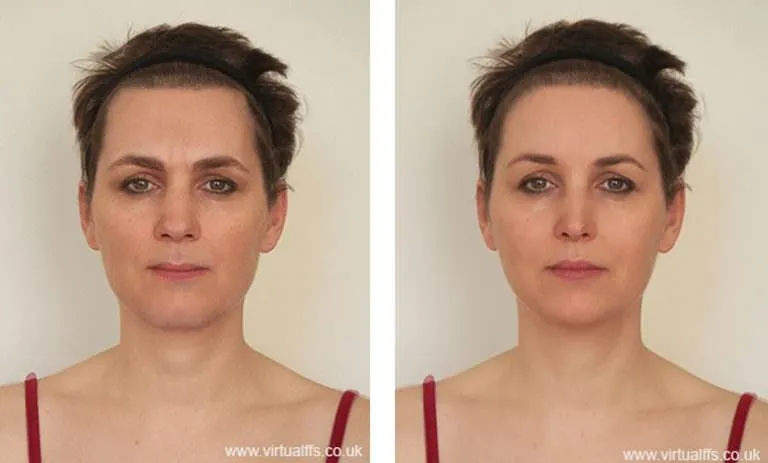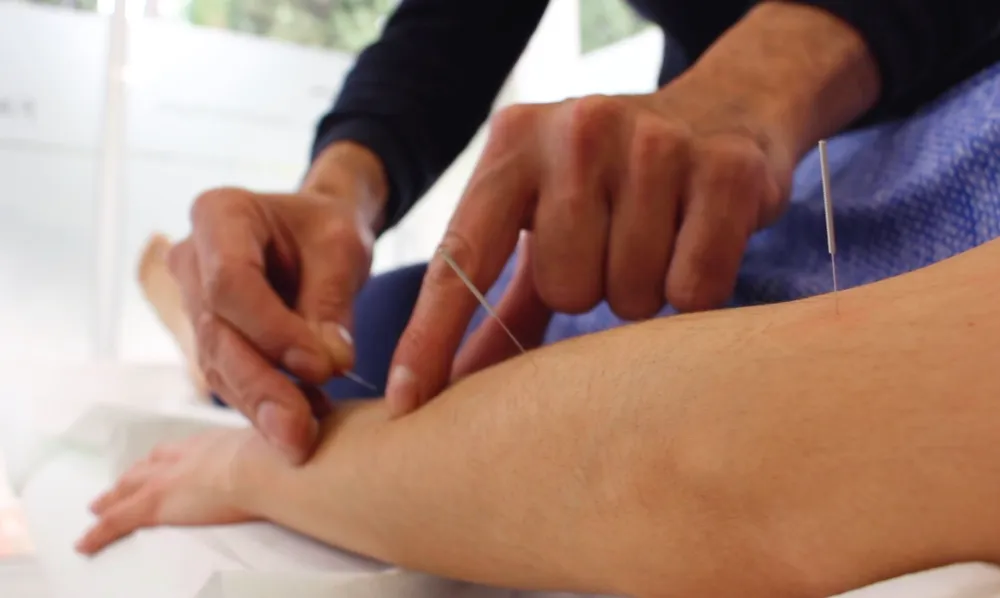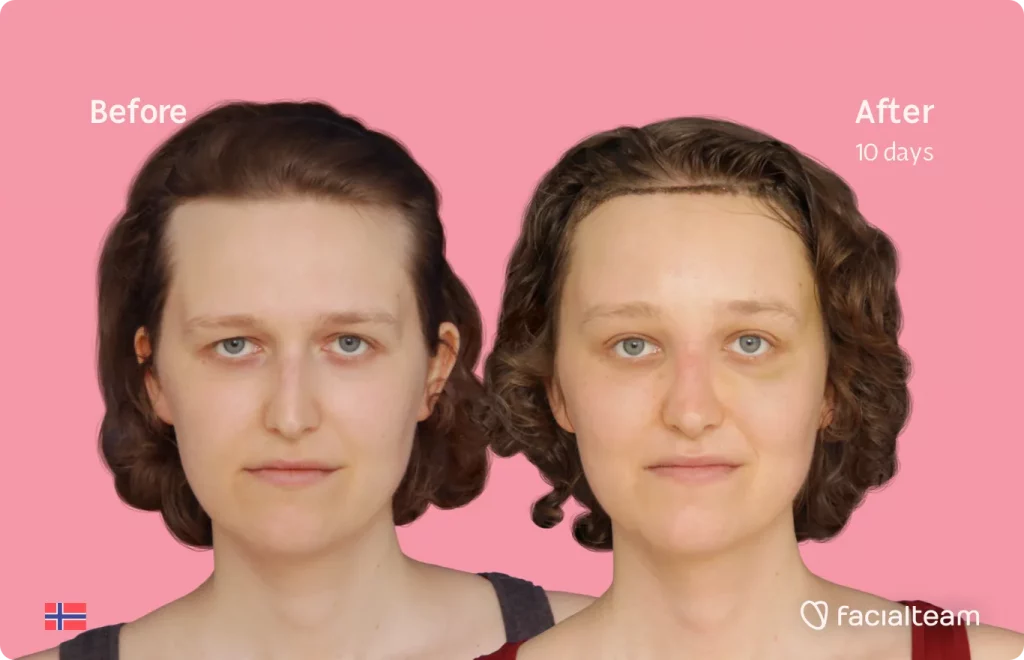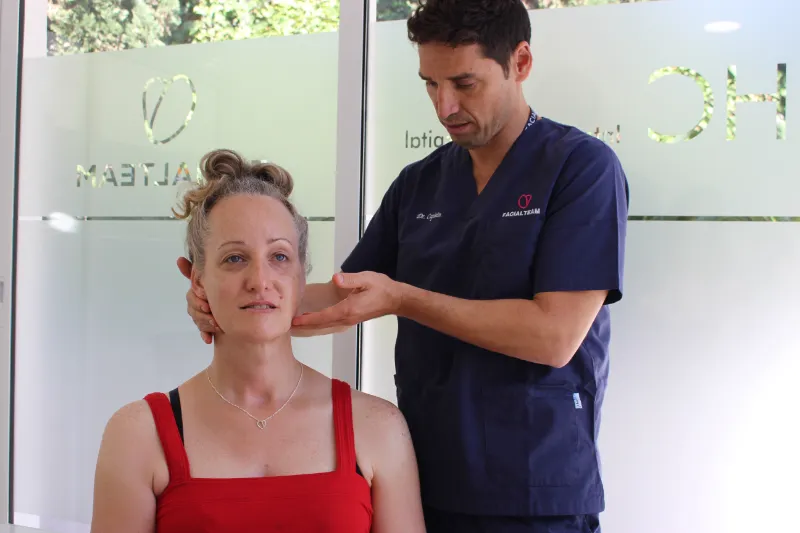Care & Complications in Facial Feminization Surgery
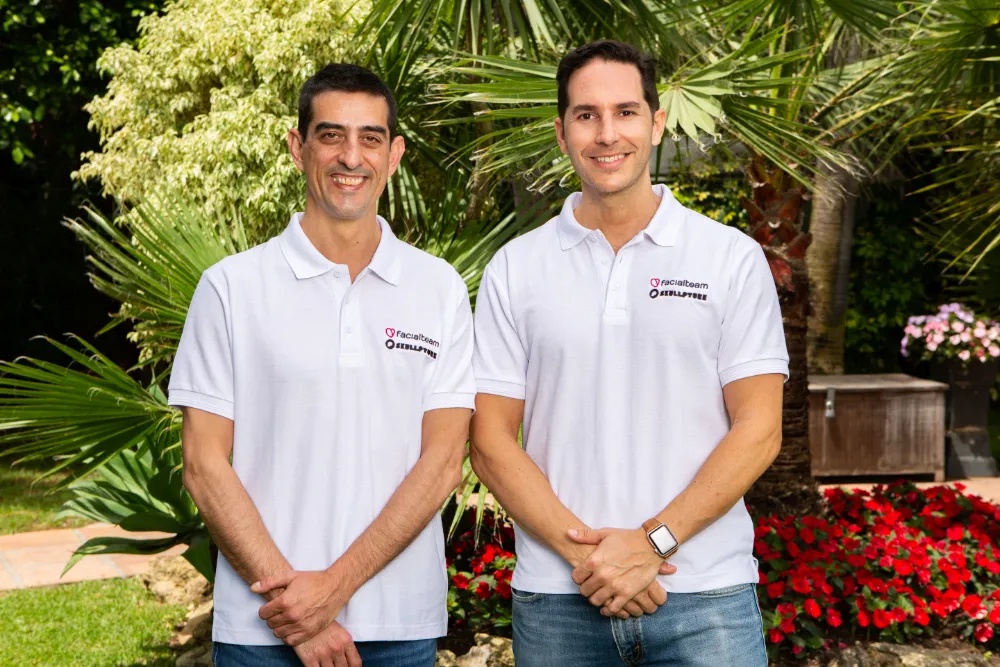
Complications in Facial Feminization Surgery are one of the points which Facialteam’s comprehensive care system addresses. Due to different circumstances, factors may arise that pose a setback in post-surgical recovery despite prevention and monitoring. This possibility is often a cause of stress and frustration. When a problem is indeed perceived during recovery, it is a source of dissonance during the healing period.
As specialists in FFS Surgery, Facialteam considers it our duty to do everything we can, before, during and after the operation, by putting a group of professionals at your disposal who ensure your health, safety and proper healing from the first moment.
Our purpose is to maintain open communication so that any problem, whatever its complexity, can be addressed as efficiently as possible. Sometimes through basic advice, others through specific treatments or even with a certain amount of patience. From experience, we know that time is a key ally in facial surgery recovery. It is essential that you stay in close contact with our team to solve any incident, no matter how small.
Let us explain some of the Facialteam protocols and practices that promote your well-being and protect your health during the facial feminization surgery process.
Preoperative Comprehensive Care
From the moment you decide to start your facial gender-affirming journey, a complex protocol is activated. This step consists in reviewing the details of your health status prior to your intervention. During this phase, our medical team, the anesthesiology department and your coordinator request a series of specific reports that inform us of your preoperative situation. Any minor anomaly detected in advance of your arrival allows us to anticipate factors that could pose risks in your surgery. Likewise, our psychology department offers assistance in the management of mental preparation, in case it is necessary.´
Intraoperative Health Protocol
The entire process that surrounds your surgery is highly controlled and protocolized to guarantee continuous observation of your state of health during the intervention. The pioneering surgical techniques developed by our group carry the hallmark of predictability and safety. This means we have a special care system for the immediate postoperative period. We implement techniques that improve clinical aspects such as inflammation. You will benefit from a system aimed at contributing to your progressive improvement and sense of well-being.
From the moment your surgery is complete, you will automatically receive a series of planned treatments. These include hilotherapy to reduce pain and swelling after FFS surgery, cervicofacial lymphatic drainage massage and medical acupuncture. In our designated accommodations, Hotel La Villa Marbella, our nursing team will visit you every day. They are vigilant about monitoring your evolution, observing your incisions and other operated areas dutifully.
This early-detection surveillance during your recovery will best prevent complications in the first week after your intervention.
Complications in Facial Feminization Surgery Recovery
As with any surgery, the appearance of minor problems can’t be ruled out completely. Therefore it is important that you are aware of them. Our team is fully prepared to detect any type of anomaly that may arise and act efficiently towards a solution.
During your stay in Marbella, you have the coordinators, nurses and surgeons alert to anything that is not a normal aspect of recuperation. Once back in your home country, our post-operative care department will be just a message away to attend to any concerns.
Although Facialteam takes the prevention of complications during your recovery very seriously, sometimes setbacks can arise, typically in the first few days after surgery:
Common Discomforts
Common complications in facial feminization surgery are discomfort, spotty bleeding, swelling and edema (bruising). Other typical symptoms include the presence of scabs on wounds (mainly in the coronal approach) and a loss of sensation. Numbness, of varying degrees, may be noticed on the scalp, forehead or around the lips, chin and on the tip of the nose.
Complications
Other complications in facial feminization surgery may include persistent bleeding and hematoma (accumulation of blood), wound dehiscence (opening of stitches), and temporal paresis (temporary decrease in mobility of a certain area of the face). Despite prevention with antibiotics, a localized infection rarely occurs.
Temporal asymmetry may happen sometimes due to the fact that the inflammation is not homogeneous and can generate asymmetric areas. Also, erythema (skin redness) due to irritation or prolonged pressure (normally in lower limbs) is known to have occurred.
What does Facialteam do when something happens?
First of all, we want patients to feel safe and confident when talking to us about any concerns. We understand that it is a difficult and highly vulnerable time for many patients, but we insist that the communication of symptoms and other related problems is essential to be able to offer our support and resolve doubts as quickly as possible.
Patients are provided many opportunities during visits and have various channels to bring any problems to light, be it with the coordinator, therapists, psychologist, nurses or surgeons–whoever they feel most comfortable with. Social media platforms are not adequate settings for communication of any complications in facial feminization surgery, which do not comply with governmental Data Protection and Privacy Policies.
Our patients can count on these channels in Marbella and later, when back in your home country, the communication will continue with the postoperative department.
How do we promote open communications with the patient?
The day of your final check-up, the postoperative coordinator will meet you to explain your specific instructions and recommendations in detail. You will discuss the most frequently asked questions relevant to recovering from your particular procedures. Here are some advantages our postop coordinator offers you:
- You receive a post-operative guide by email and in this way we have already opened a direct channel of communication with the postop coordinator and directing surgeon of the comprehensive care department who will attend to all doubts, incidences and other surgery-related enquiries.
- Longterm Post-operative Attention. Each message or call is attended to in due course as certain consulting may be required before replying, depending on the nature of each case. We guarantee a response 100% of the time, as soon as possible.
The scenarios may vary in degree, for example:
- A simple question that is solved by email with the surgical team’s response.
- A relatively minor issue that requires photos or reports to resolve properly. Once received, a video consultation is arranged with a surgeon.
- The case requires diagnostic tests and/or a personal evaluation in Marbella with a team surgeon and/or an external specialist in your country.
The comprehensive care department provides as much support as possible: either with instructions and recommendations, face-to-face or video consultations, indicating any complementary tests deemed appropriate, as well as providing reports on the procedures carried out by our team.
Surveys of Satisfaction and Postoperative Result
We remain in periodic contact with the patient in order to know how the evolution of her recovery is going.
The postoperative department sends two quality assurance surveys in the first year. The first is right after leaving Marbella and again one year after surgery. These surveys are analyzed and gleaned for constructive criticism which helps us offer the highest quality services possible.
Periodic Clinical Sessions
We conduct regular clinical sessions in which surgeons jointly assess any postoperative issues that have occurred. In addition, clinical sessions that simulate potential problems help the team develop the best way to prevent and address complications in facial feminization surgery.
Preparing for the period after FFS surgery is important, we encourage you to always report any incident to the postoperative coordinator so that she can inform the medical team as soon as possible. At Facialteam we are here to listen and help you with any question, doubt or complaint you have, openly and honestly. You have professionals at every stage of your process, especially in the most difficult moments.


